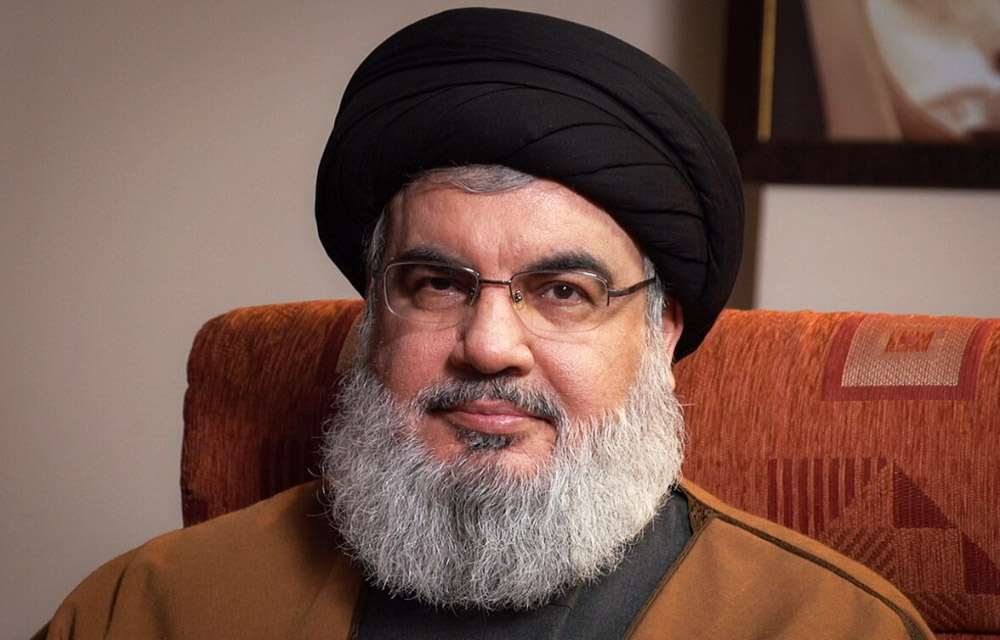On Saturday, Lebanon’s Hezbollah organization acknowledged that its leader and one of its initial founders, Hassan Nasrallah, was killed in an Israeli air raid in a southern Beirut suburb.
The assassination of the influential militant group’s long-serving chief reverberated throughout Lebanon and the Middle East, where he has stood as a prominent political and military personality for over thirty years. Nasrallah, tied by Israel to various fatal assaults on Israeli and Jewish interests, has been on Israel’s target list for decades. His elimination marks the most significant and impactful targeted killing by Israel in years, substantially escalating hostilities in the region. Hezbollah receives support from Iran, Israel’s principal adversary.
The Israeli military reported executing a precise airstrike on Friday while Hezbollah leaders congregated at their headquarters in Dahiyeh, south of Beirut. Following Hezbollah’s confirmation, crowds began to discharge celebratory gunfire into the air in Beirut and other parts of Lebanon to mourn Nasrallah’s demise. The Lebanese Health Ministry reported that six individuals died and 91 were injured during the strikes on Friday that obliterated six residential buildings. The Israeli military also confirmed the deaths of Ali Karki, the commander of Hezbollah’s Southern Front, along with other commanders.
Hezbollah’s statement declared that Nasrallah — who has steered the group for over three decades — has joined his fellow martyrs. The group pledged to persist in the holy struggle against the foe and in support of Palestine.
The loss of Nasrallah represents a profound setback for Hezbollah during a troubling fortnight in which it faced a significant attack on thousands of communication devices utilized by its members. Israel has intensified air assaults that claimed the lives of several commanders and affected areas across much of Lebanon.
Friday’s Dahiyeh airstrike rattled Beirut. A Lebanese security source indicated that the raid — a rapid series of exceptionally powerful explosions — had left a crater exceeding 20 meters (65 feet) deep. The following day, further airstrikes targeted Dahiyeh and other regions of Lebanon. Enormous blasts illuminated the night sky, with additional strikes occurring in the morning, causing smoke to billow over the city.
Hezbollah also persisted with its cross-border rocket assaults, triggering sirens and sending residents scrambling for cover deep within Israel. Israeli missile defenses intercepted some of the rockets, and there were no immediate reports of injuries.
The escalation has heightened apprehensions that the conflict might spiral out of control, potentially involving Iran, Hezbollah’s primary supporter, as well as the United States.
Residents evacuated Dahiyeh, seeking refuge in downtown Beirut and other areas of the city.





